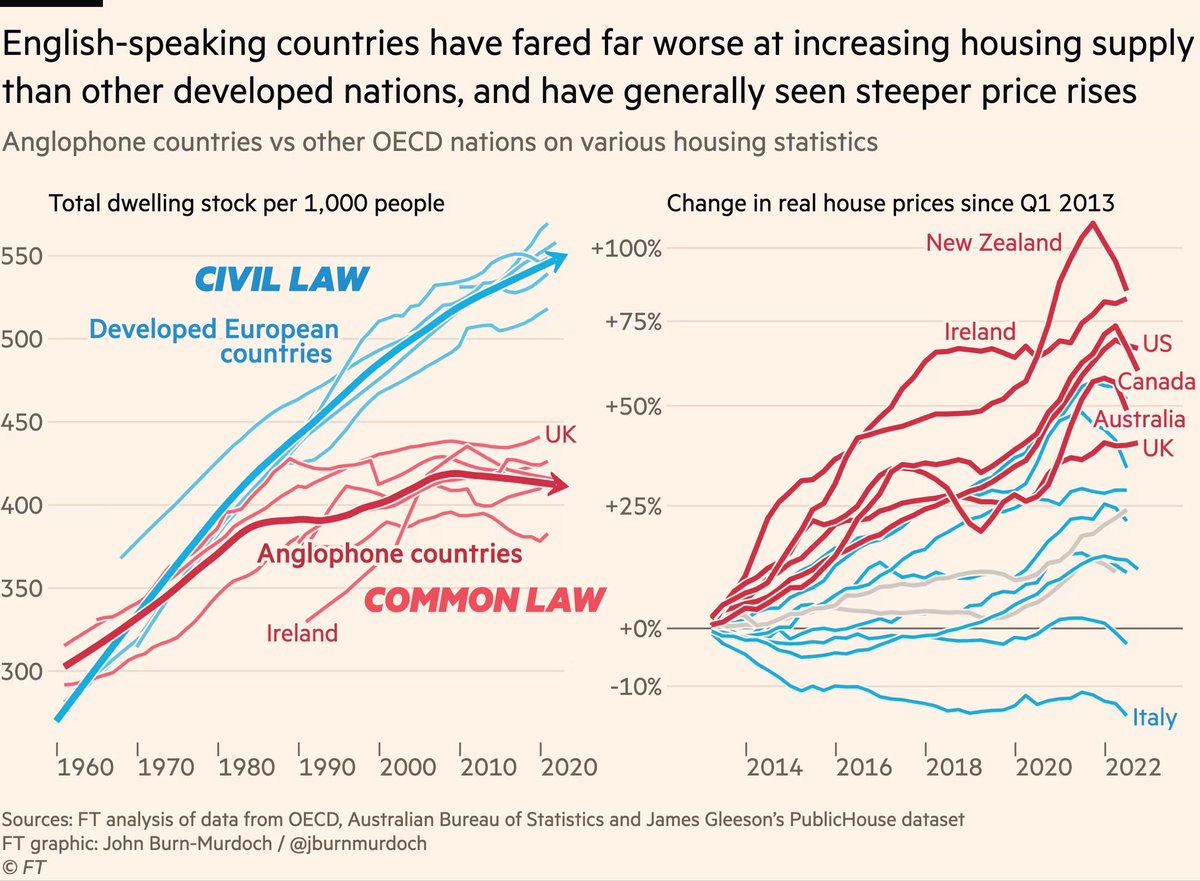A few people responding to my chart of Covid’s falling IFR with "how do you know it fell because of vaccines, and not natural immunity?"
Here’s IFR overlaid on immunity levels via vax vs via infection. Spot which source of immunity rockets just as IFR collapses... 🧐
Here’s IFR overlaid on immunity levels via vax vs via infection. Spot which source of immunity rockets just as IFR collapses... 🧐

The period from Jan to July 2021, when IFR plummets almost 10-fold from 1.3% to 0.15%, coincides perfectly with vaccine rollout going from 0 to 90%.
During same period, share of adults who’d had Covid inches up from 20% to 25%. Not nothing, but tiny in comparison to vaccination.
During same period, share of adults who’d had Covid inches up from 20% to 25%. Not nothing, but tiny in comparison to vaccination.

To be clear: as I’ve written many times, infection-acquired immunity played a significant role in building England’s immunity wall, esp in second half of 2021, but steep drop in IFR during first half of the year was very clearly primarily due to vaccines
https://twitter.com/jburnmurdoch/status/1463450316045791241
I think some of the good-faith questions about relative roles of vaccination and infection are from folks who fail to realise quite how much faster and larger vaccine rollout was compared to "virus rollout".
During 2021, *far* more people got vaccinated than got infected.
During 2021, *far* more people got vaccinated than got infected.
• • •
Missing some Tweet in this thread? You can try to
force a refresh













